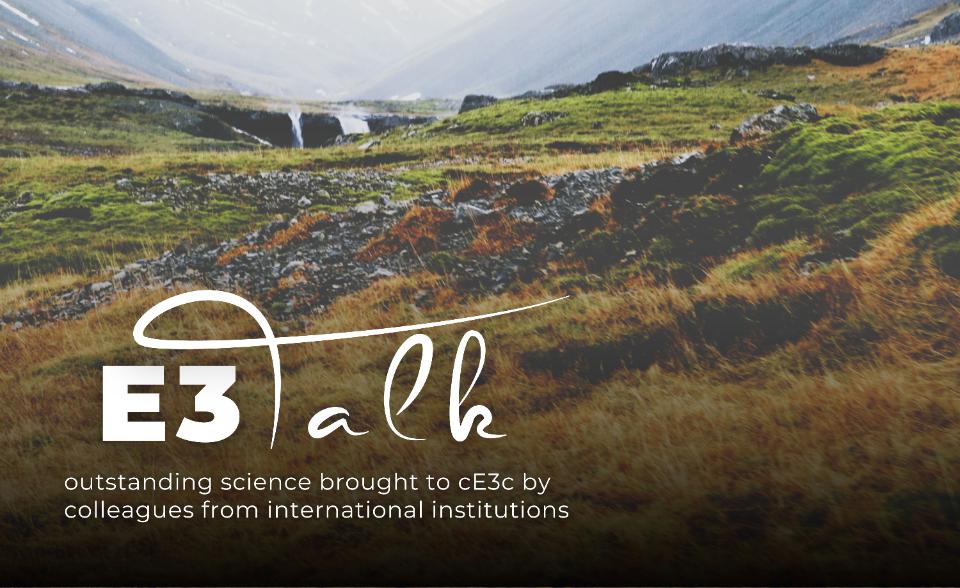-
Date:
18 Mar 2024
-
Location:
Room 2.2.14 - Faculty of Sciences of the University of Lisbon
-
Lecturer or Responsible:
Kristín Svavarsdóttir

Online access • LINK
Password • e3talk
Iceland is a volcanic sub-arctic island that was settled in the 9th century. As a consequence of the settlement, forests underwent severe destruction and loss of biodiversity, often followed by loss of vegetation cover leading to desertification, due to the vulnerability of the Andosol soils. Ecosystem restoration in Iceland draws from over a century of experience in revegetation, rehabilitation, and restoration activities. Organized measures began in the early 20th century in response to severe soil erosion and massive sand movements, which posed constant threats to the livelihood of many communities. The first legislation addressing soil erosion and restoration in Iceland dates back to 1907, with the most recent enacted in 2018 aimed at protecting, restoring, and improving vegetation and soil resources, ensuring their sustainable use. Restoring severely degraded ecosystems requires a thorough understanding of natural successional processes, including dispersal and recruitment.
In my presentation, I will provide an overview of the situation in Iceland and discuss studies that contribute to improving the predictability of ecological restoration efforts, both from restoration experiments and natural observations.

